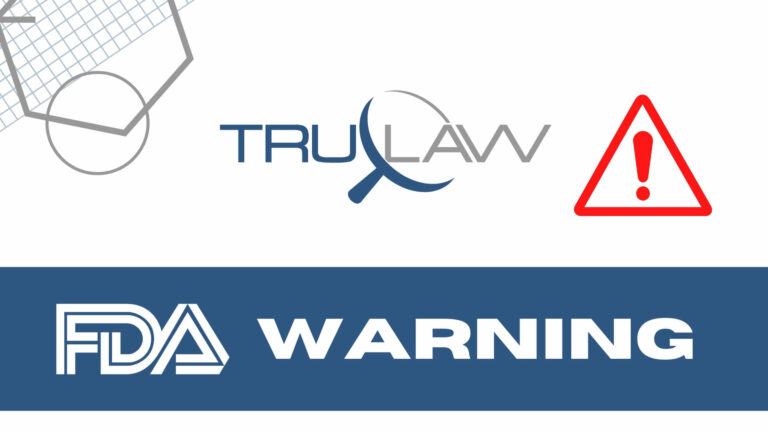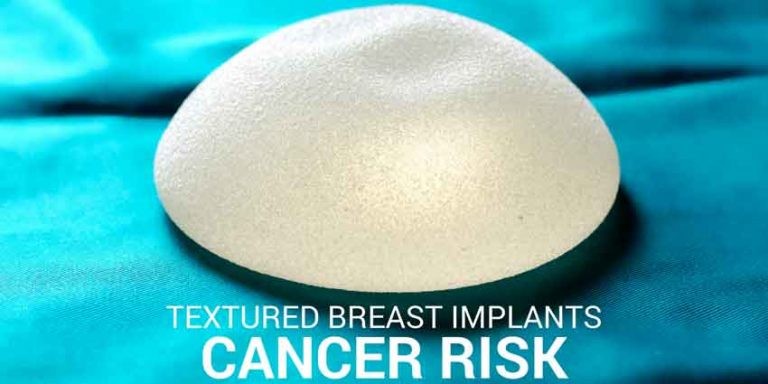
FDA warns – Feel Good Foods recalls Gluten-Free Cream Cheese Stuffed Mini Bagels in Plain, Everything flavors due to undeclared gluten
Consumers are advised that Feel Good Foods, of New York, New York, has recalled its Gluten-Free Cream Cheese Stuffed Mini Bagels in the Plain and Everything flavors due to the potential presence of undeclared gluten from cross-contamination. Individuals who live with an allergy or sensitivity

